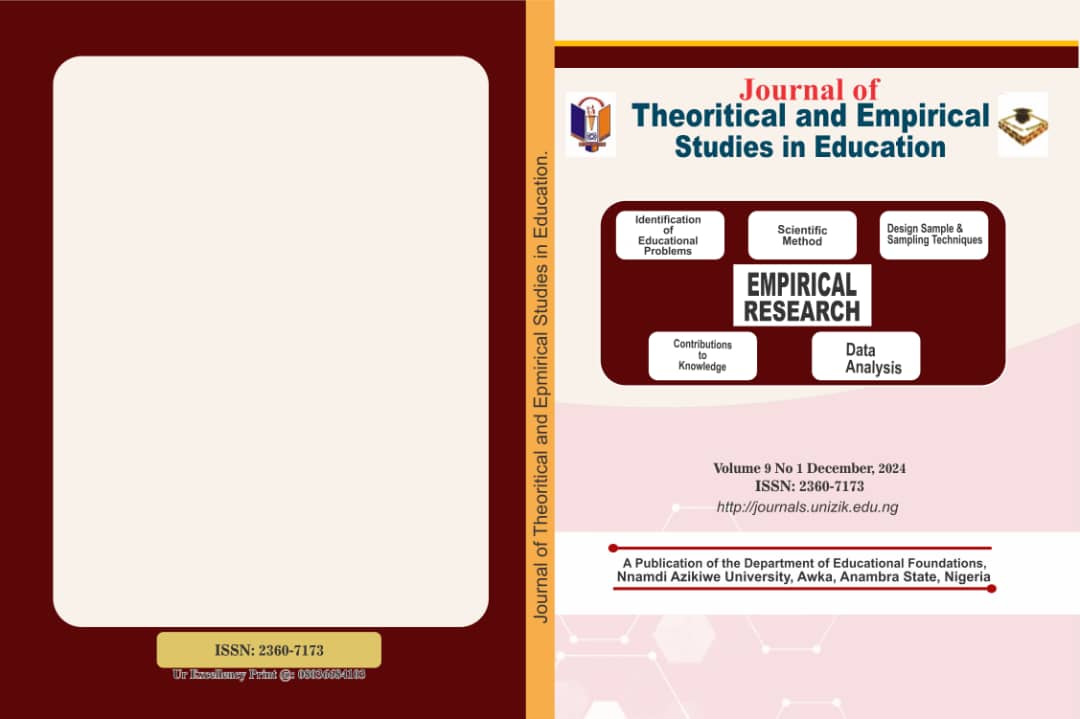SOCIAL-EMOTIONAL LEARNING (SEL) AND ITS IMPACT ON STUDENTS' ACADEMIC PERFORMANCE IN SECONDARY SCHOOLS
Keywords:
Learning, Emotion, Educators, Self-awareness, Social-Emotional LearningAbstract
This paper investigated the impact of Social Emotional Learning (SEL) program on students' academic performance. The researchers employed a qualitative case study design utilizing different secondary sources such as literature, reports and empirical studies in gathering an in-depth knowledge of Social Emotional Learning and its impact on students’ academic performance. The data obtained
during our investigation was grouped into three namely, published case study, academic journal, and policy report categories. Each of these groups provides different views about Social Emotional Learning implementation. Results showed that Social Emotional Learning programs enhanced students’ competencies in various ways such as mastering one's own emotions, creating social awareness, regulating one’s emotions, and promoting interpersonal skills. Out of the twenty-three (23) reports reviewed, teachers’ training was observed to be a critical issue in academic journals with 60%, this suggested that organizing training and educational workshops can be very helpful. Generally, policy reports showed that funding levels across government similar or related
educational structures varied considerably with the US funding exceeding that of Nigeria by far and these consistent supports have been discovered to improve teacher confidence building in classroom practice as well as boosts students’ engagement. It also underlined the importance of funding, teacher education, and cultural adaptability in implementing SEL effectively. It demonstrated the need for ongoing assessment of SEL programs to take on these challenges appropriately and, ultimately, to nurture students' holistic growth and well-being. Educators, policymakers, and other stakeholders working to improve SEL practices in a variety of educational contexts can draw on these findings to draw important lessons.




